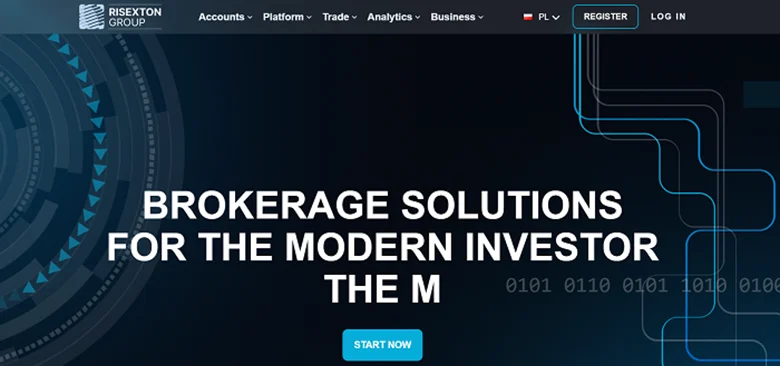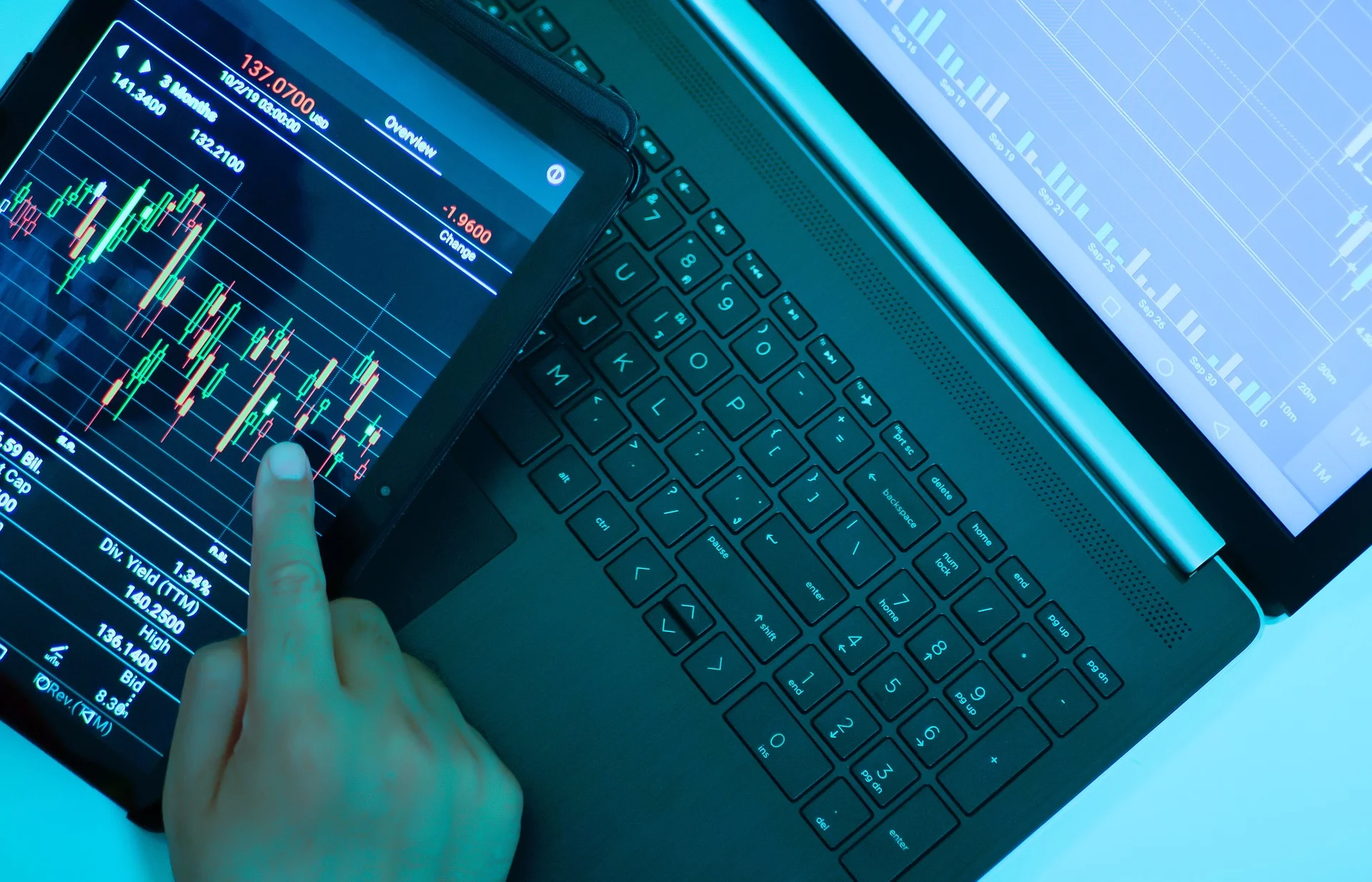A cognitive bias is a mistake in cognition that develops when someone’s logic gets clouded by personal opinions when making a judgment. Academics and investors alike study cognitive errors because they are central to the idea of behavioural finance. It’s an inadvertent fallacy in reasoning that results from people’s perceptions of the world and the information that surrounds them, which shapes the judgments they make. This can result in poor investment decisions. In this article, Risexton Group has pointed out 5 basic cognitive biases that harm a trader during their trading journey.
Risexton Group Answers How It Affects Trading
Humans make most of their decisions based on their preexisting belief systems. This is the result of cognitive bias detected by the Risexton Group. An investor might, for example, curve-fit new market data to fit their expectations by interpreting it per their beliefs. The psychological impact of investing emerges from people’s emotional relationship with money. Therefore, to prevent your natural human brain from working against you in the marketplace, it is crucial to be aware of cognitive biases and learn how to manage them.
Types of Cognitive Bias Defined by Risexton Group
1- Confirmation Bias:
When people ignore or reject facts that might contradict their preexisting ideas, they are engaging in confirmation bias. Although deliberately searching out contradicting information or opposing viewpoints might help eliminate this prejudice, it is still difficult to fully eradicate.
2- Blind-spot Bias:
The tendency to identify biases in the ideas or opinions of others while remaining blind to one’s prejudices is known as blind spot bias. This type of bias allows investors to ignore their own “blind spots comfortably.” This is extremely risky since it hardens these investors’ hearts against different viewpoints or thoughts regarding a specific investment.
3- Hindsight Bias:
When people believe that real outcomes are logical and expected only after the fact, this is known as hindsight bias. It is comparable to outcome bias, which examines past occurrences without considering their underlying causes.
4- Anchoring Bias:
An anchoring bias refers to the inclination to give greater significance to the initial piece of information that one encounters. For instance, regardless of the validity, traders can get pessimistic about the stock if a business releases its earnings and the first reaction they see is unfavourable. This bias acts as an “anchor” that can impede a trader’s ability to evaluate fresh data appropriately.
5- Availability Heuristic Bias:
The inclination to overvalue information that is easily accessible or remembered is known as the availability heuristic. Due to their attention being drawn to current affairs, investors may end up basing their investing decisions on inaccurate or out-of-date information.
Final Word
Making decisions is, for the most part, the primary activity involved in investing. However, with the proper guidance of online trading platforms like Risexton Group, traders can easily overcome these biases in terms of getting benefits. One of the most important aspects of trading is tracking our thoughts. To know about more biases that affect trading, visit Risexton Group’s website.





0 Comments